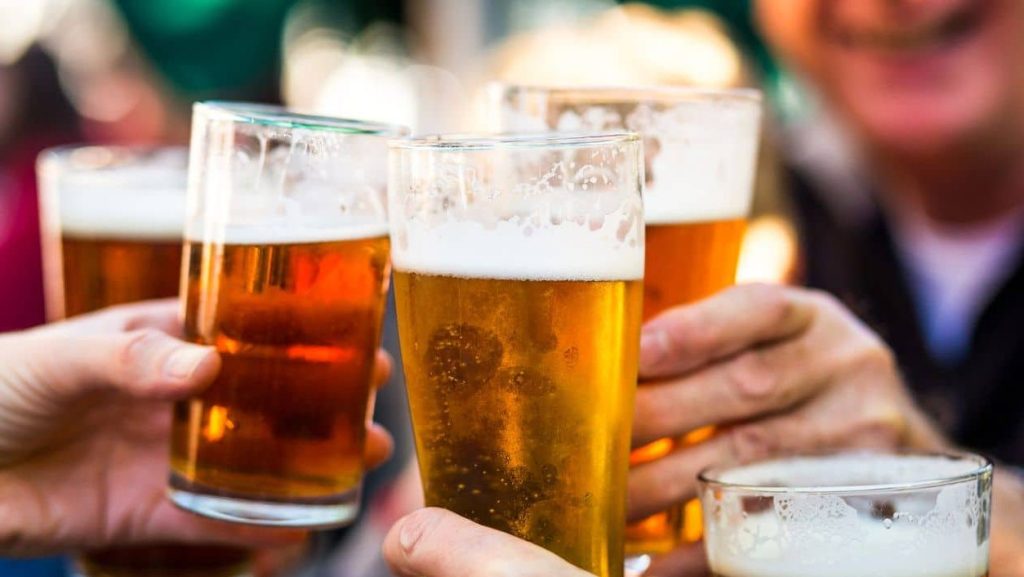The consumption of alcohol can be particularly dangerous for individuals with diabetes. Alcohol can prompt insulin resistance, which means the body stops responding effectively to insulin. This resistance can heighten the risk of diabetes and other related health issues. Additionally, many alcoholic beverages are rich in sugars or empty calories, which can further burden your digestive system and contribute to weight problems.
Alcoholic drinks also harbor potential hidden dangers. The sugars and additives found in some cocktails might include unlisted ingredients. As such, it’s crucial to scrutinize all labels when purchasing alcoholic beverages. This is particularly important if you have diabetes to avoid unintended consumption of harmful substances.
Should You Drink If You Have Diabetes?
A frequently asked question is whether it’s safe to drink when you have diabetes. In short, the answer is no. Alcohol is perilous for those with diabetes, and it’s wise to abstain completely if you have the condition. Even minimal alcohol intake carries considerable risks, including nutrient deficiencies, poor blood sugar control, and other complications such as insulin resistance.
How Can Alcohol Lead to Type 2 Diabetes?
There are several ways that excessive alcohol consumption can contribute to the onset of diabetes:
- Alcohol abuse can reduce the body’s sensitivity to insulin, potentially leading to type 2 diabetes.
- A common consequence of chronic pancreatitis—occasionally caused by heavy drinking—is diabetes.
- Alcoholic beverages often contain a high number of calories, which can lead to weight gain or obesity, increasing the risk of type 2 diabetes.
Effects of Alcohol on Diabetes Patients
For those with diabetes, here are some essential considerations regarding how alcohol can impact your health and medication:
- While moderate drinking might raise blood sugar levels, excessive drinking can lower them to dangerously low levels, especially in individuals with type 1 diabetes.
- The carbohydrates in beer and sweet wine can elevate blood sugar levels.
- Alcohol boosts appetite, possibly leading to overeating and difficulty in managing blood sugar levels.
- Many alcoholic drinks contain significant calories, making weight loss more challenging.
- Consumption of alcohol can impair judgment or willpower, resulting in poor dietary choices.
- Alcohol can negate the positive effects of insulin or oral diabetic medications.
- Alcohol may elevate triglyceride levels.
- Blood pressure can increase due to alcohol consumption.
- Drinking alcohol may lead to frequent flushing, nausea, and a more rapid heartbeat.
Mitigating the Risks of Alcohol Consumption
While moderate alcohol intake has been linked to a lower risk of heart disease, diabetes, and certain cancers, many health risks are associated with alcohol consumption in individuals with diabetes.
Here are several ways to reduce alcohol consumption:
- Replace alcohol with zero-sugar non-alcoholic drinks such as coconut water, tea, coffee, apple cider, dark chocolate drinks, and lemonade.
- Train your mind to manage cravings.
- Seek medical assistance or enroll in a drinking cessation program if you find it challenging to control your alcohol intake.
Conclusion
Alcohol is fraught with hidden dangers, including sugars and additives that might contain undisclosed ingredients. Consequently, it’s vital to read all labels when purchasing alcoholic beverages. However, if you have diabetes, the safest option may be to entirely quit drinking alcohol.
